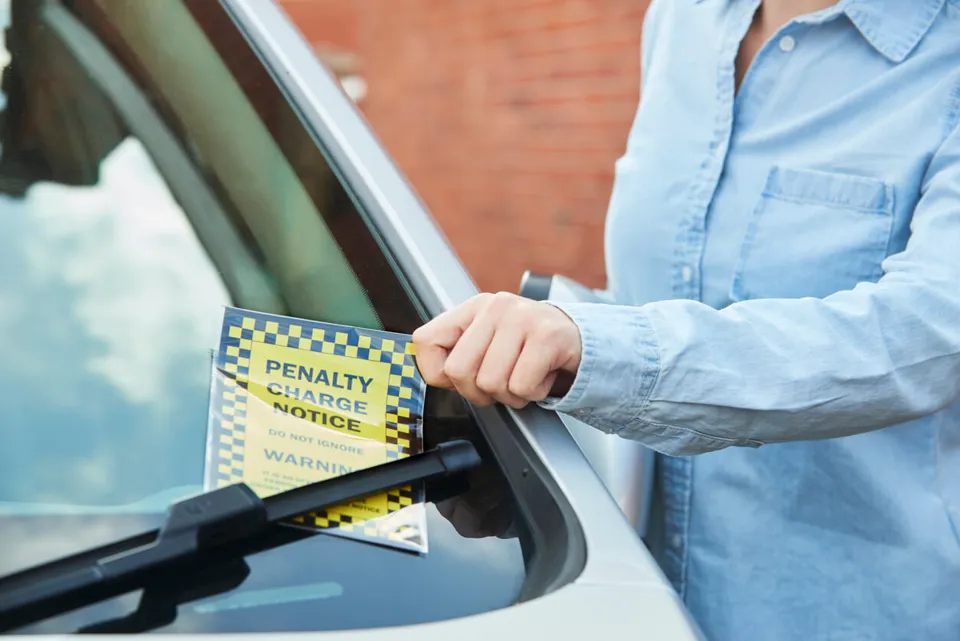A 50% rise in the number of penalty charge notices (PCNs) being issued in London has led the Freight Transport Association to call on its members to train their drivers in identifying PCN hotspots.
Companies delivering goods on the roadside in London typically attract PCNs, albeit quite innocently, according to the FTA.
Although these are often successfully contested, which itself costs time and money, many are not and the industry still pays many millions of pounds in PCNs each year.
The PCN Survey 2012, commissioned by FTA, revealed that the 27 companies surveyed had paid £2.9 million in fines and a rise in costs which was directly related to the increase in the number of PCNs issued on the capital's roads.
The report explored trends in PCNs in relation to six key areas: enforcement authorities, PCN hotspots (street/location), whether issued by CCTV or civil enforcement officer, contravention codes, appeals and costs.
Amongst the findings of the report was that one-third of the enforcement authorities accounted for nearly all PCNs issued (80%), with the London Borough of Westminster, London Borough of Camden, City of London and Transport for London more likely to issue to PCNs to FTA members than other London boroughs.
The survey also clearly identified locations where drivers were more likely to receive PCNs, providing valuable information for operators and drivers in respect of areas in which to be vigilant for parking restrictions.
Natalie Chapman, FTA's head of policy for London said:
"Commercial vehicle operators have grown smarter when dealing with the problems of making deliveries in the unfriendly roadside environment of central London, but the findings of the survey suggest that there is a need for them to improve their understanding of how certain parking restrictions apply.
"As well as training drivers and identifying PCN hotspots, a well-targeted and intelligent approach to appealing unfair PCNs could save some companies hundreds of thousands of pounds a year.
"It is equally important for local authorities to ensure that there is sufficient kerbside space and facilities for deliveries, and for Civil Enforcement Officers to understand why trucks and vans may be in a restricted parking area in the first place, and to apply some common sense when issuing tickets."
FTA has a range of compliance and support materials to help members manage their PCNs including a Compliance Guide, Driver Card and a Delivery Assessment Guide, which was written with the co-operation of a Westminster Council official and provides valuable help and advice for commercial vehicle operators.

















Login to comment
Comments
No comments have been made yet.